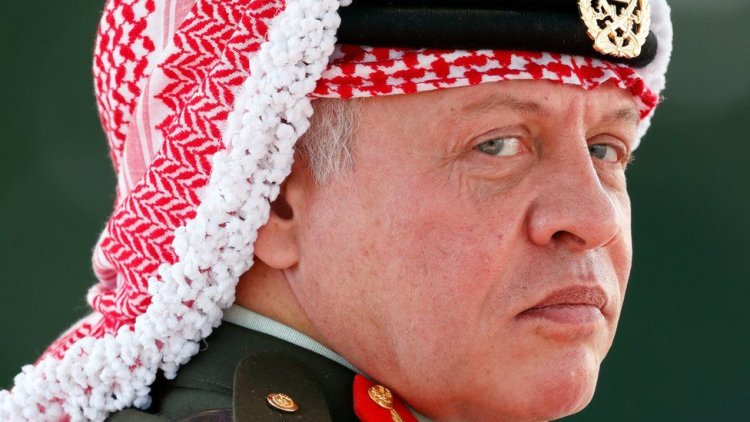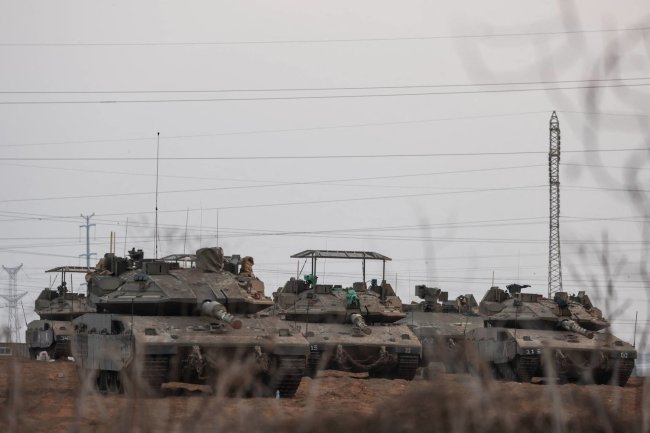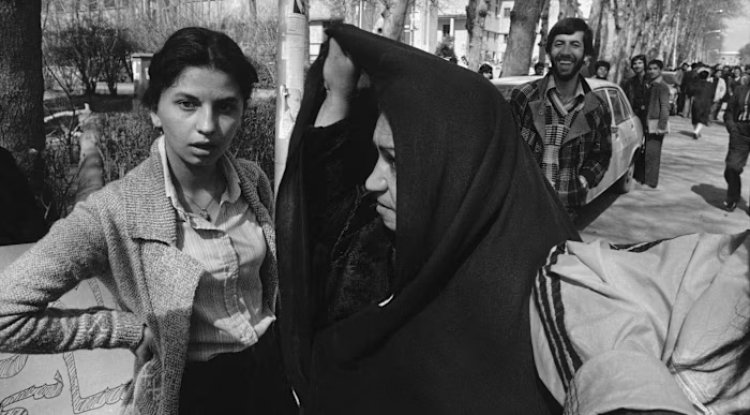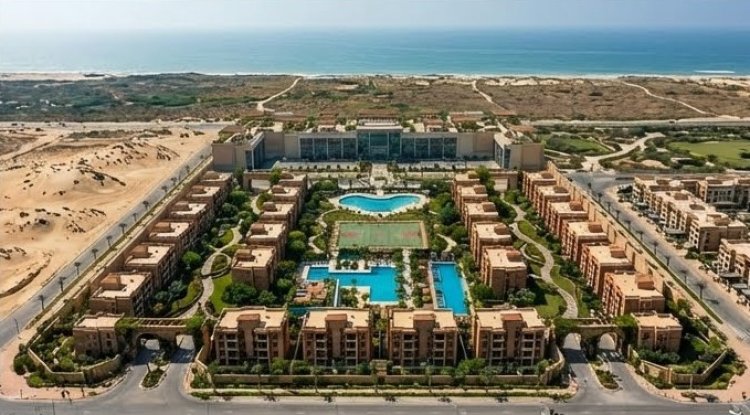The Jordanian King Receiving the people of Palestine in Jordan or Egypt is a red line
Receiving the people of Palestine in Jordan or Egypt is a dangerous and completely prohibited matter and will constitute the end of the issue

Introduction
In recent years, the Jordanian King's declaration that accepting Palestinian refugees in either Jordan or Egypt is a "red line" has drawn significant attention. This stance highlights a complex interplay of humanitarian concerns, regional stability, and international diplomacy in the Middle East. This article explores the nuances of this policy, its implications for Palestinian refugees, and the broader geopolitical landscape.
The Historical Context
The issue of Palestinian refugees dates back to the 1948 Arab-Israeli conflict, leading to a significant number of Palestinians being displaced. Jordan, sharing a long border with the West Bank, has historically been a primary destination for these refugees. However, the kingdom's recent firm stance against accepting new refugees underscores a shift in policy driven by complex socio-political factors.
Jordan's Red Line: No New Palestinian Refugees
Jordan's declaration of a "red line" reflects its firm stance on not bearing additional refugee burdens. This policy is rooted in concerns over national security, economic stability, and demographic balance, emphasizing the kingdom's precarious position in a volatile region.
Reasons Behind Jordan's Stance
Several factors contribute to Jordan's policy. The kingdom faces significant economic challenges, including unemployment and resource scarcity. Moreover, the demographic balance is a sensitive issue, with Palestinians constituting a substantial portion of the population. Politically, Jordan seeks to maintain stability and avoid exacerbating tensions with neighboring countries and its own Palestinian population.
The Impact on Palestinian Refugees
For Palestinian refugees, Jordan's stance poses significant challenges. It limits their options for resettlement and exacerbates the humanitarian situation in conflict zones. The policy also raises questions about the rights of refugees and the international community's responsibility towards them.
Regional and International Reactions
Jordan's policy has elicited mixed reactions. While some understand the kingdom's constraints, others call for a more collaborative approach to addressing the refugee crisis. Egypt, sharing similar concerns, collaborates closely with Jordan, reflecting the need for regional solidarity in managing these challenges.
Future Prospects and Solutions
Addressing the plight of Palestinian refugees requires a multi-faceted approach, involving diplomatic efforts, international support, and sustainable solutions that respect the rights and dignity of the refugees. The role of international organizations and the peace process in the Middle East is crucial in this context.
Conclusion
Jordan's firm stance on not accepting new Palestinian refugees underscores the complexities of regional politics and the humanitarian crisis in the Middle East. It calls for a renewed focus on finding durable solutions that address the root causes of displacement while ensuring the stability and security of host countries. As the situation evolves, continued dialogue and international cooperation will be vital in navigating these challenges.
For further insights into the complexities of Middle East politics and the plight of refugees, explore our detailed articles and analyses at Kiksee Magazine.
FAQs
Why has Jordan declared this policy a red line?
Jordan cites economic pressures, political stability, and demographic balance as key reasons behind its firm stance against accepting new Palestinian refugees.
How does this policy affect Palestinian refugees?
It limits resettlement options for Palestinian refugees, contributing to their precarious situation and challenging the international community to find sustainable solutions.
What are the potential solutions to address this issue?
Solutions involve international collaboration, support for host countries, and a comprehensive peace process addressing the root causes of displacement in the Middle East.
Some news sources reported in urgent news that the Jordanian King, King Abdullah II, announced that receiving refugees is a red line.. There are no refugees in Jordan or Egypt.
The King of Jordan announced earlier that the Palestinian people must obtain their independent state, and the cycles of killing for which innocent people pay the price in Palestine must end, and the two-state solution must be the only way to a just and comprehensive peace.
He continued that Palestine will remain our compass and its crown is Jerusalem, and we will not deviate from defending Palestine until its people regain their rights, and our position will remain steadfast towards the Palestinian issue, and we will continue to defend the Islamic and Christian sanctities in Jerusalem, and we will do everything in our power to stand with our Arab brothers.
What's Your Reaction?





















